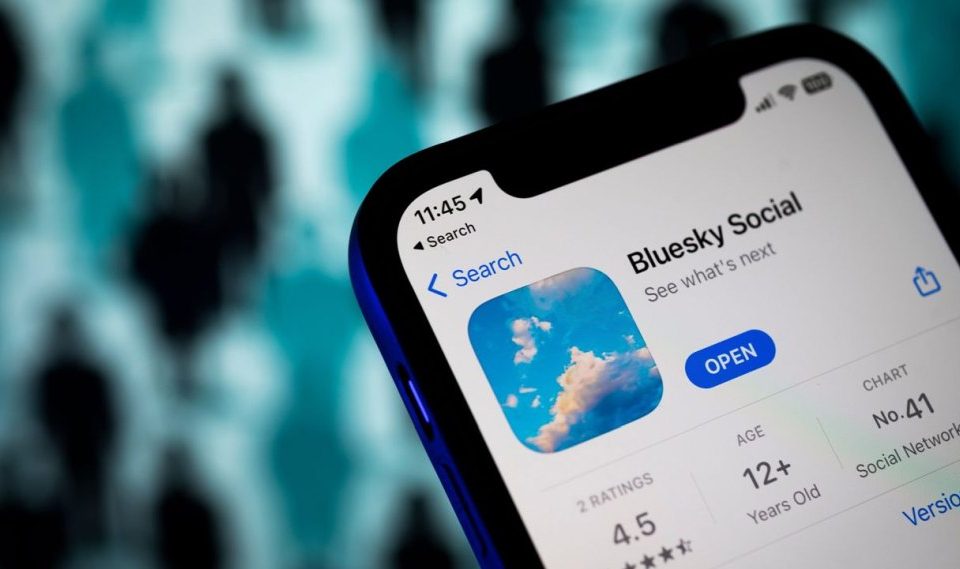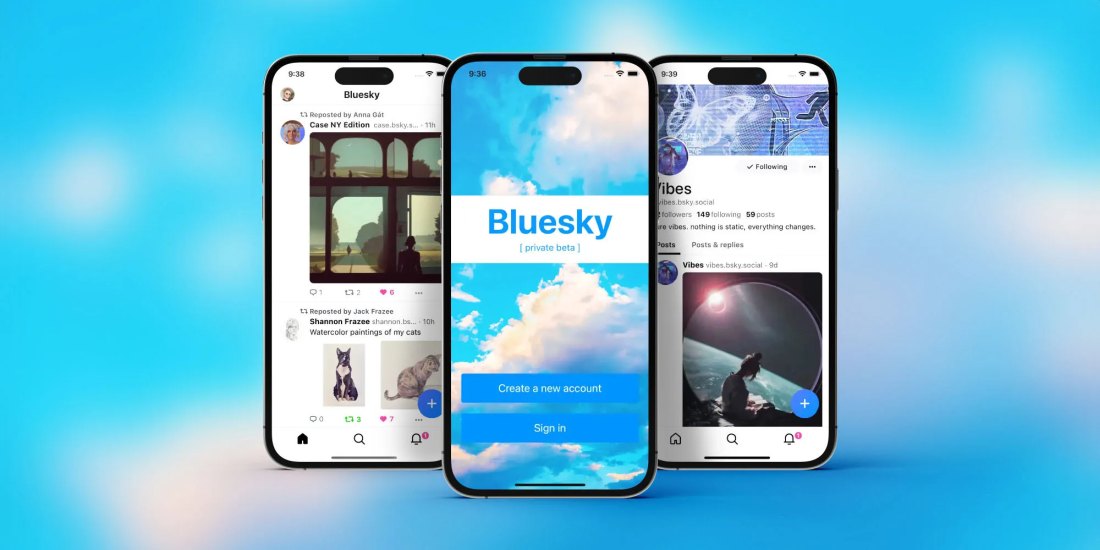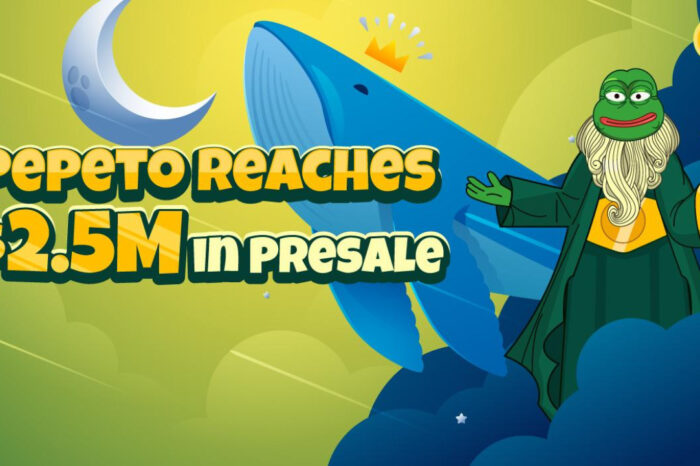Bluesky’s Shift: From Safe Spaces to Canadian-Style Limits on Free Speech

Bluesky, a decentralized social media startup founded in 2019 as a project under Twitter’s former CEO Jack Dorsey, has undergone significant changes since its inception. While Dorsey originally backed the platform, he left its board in May after publicly endorsing Elon Musk’s X, calling it “freedom technology.”
In the wake of Dorsey’s departure, Bluesky experienced a surge in its user base, attracting 2 million new users, particularly in Brazil, where a judicial ban on Musk’s X led to a migration. Additionally, after the U.S. presidential election, liberal commentators and media figures began encouraging a shift from X to Bluesky, framing it as a smaller, safer space for left-leaning voices.
However, critics have labeled the move as a deeper plunge into the liberal echo chamber, highlighting how the recent election exposed many writers’ disconnect from the broader electorate. One of these critics is Jonathan Turley, the Shapiro Professor of Public Interest Law at George Washington University. In his view, the platform’s focus on creating a “safe space” for certain viewpoints could limit exposure to diverse opinions, hindering public discourse. Turley argues that the public would benefit from engaging with a broader spectrum of ideas.
Recently, a senior Bluesky official has sparked debate by advocating for Canadian-style speech regulations over a more open approach to free expression. Critics argue this aligns Bluesky with the concept of “safe spaces” seen in higher education, where differing opinions are often sidelined. Disillusioned former Twitter users seeking a platform free from opposing voices have found a welcome mat at Bluesky, reinforcing its reputation for favoring heavy moderation.
This week, Aaron Rodericks, head of trust and safety at Bluesky, made comments that intensified concerns among free speech advocates. Conservatives and libertarians have alleged that the platform not only tolerates threats directed at them but also limits their ability to engage in discussions. At the same time, some have pushed for even stricter controls to suppress views they find disagreeable. Many liberal users have celebrated the platform as a sanctuary where they no longer encounter contrary opinions.
Canadian-Style Limits on Free Speech
Rodericks defended Bluesky’s approach by contrasting “free speech absolutism” with a Canadian model, which he described as offering a more balanced perspective. “It just comes down to philosophies of free speech,” Rodericks said, pointing to the Canadian Constitution’s approach to rights and freedoms that are conditional rather than guaranteed.
“Being Canadian shapes a lot of my perspective,” he said. “There’s enough of the American perspective in the world on a day-to-day basis. For example, in the Canadian constitution… you have rights and freedoms, but they’re not unequivocal,” Turley wrote.
For free speech advocates, Rodericks’ comments reflect a worrying direction. Critics often point to the restrictions on expression in Canada, including legal actions against jokes and religious statements. Many believe adopting similar policies risks eroding Bluesky’s potential as a platform for diverse dialogue. Still, Rodericks doubled down on the site’s mission, emphasizing its goal to foster inclusivity.
“The whole point of Bluesky is for it to be safe and welcoming to all users,” he said. “I think the issue is some people are defining their identity by opposition to others and how well they can harass others and deny their existence. Bluesky may not be the right place for them.”
Before joining Bluesky, Rodericks worked at Twitter in a similar role but was dismissed by Elon Musk. He later sued Musk over a tweet that characterized his team as undermining election integrity. The incident further fueled debates about content moderation and free expression.
Turley compared Bluesky’s direction to Twitter’s past policies, particularly under former leadership. He also cited Anika Collier Navaroli, a former Twitter executive, who once described her moderation practices as “nuanced,” favoring content removal when staff deemed it harmful. She framed these decisions as balancing the rights of certain users against the safety of others. According to Turley, Rodericks is not alone with these views, former CEO Parag Agrawal expressed similar sentiments, suggesting that the platform’s role was to decide who gets heard rather than to focus solely on free speech.
Turley concluded saying the decisions have now become a hallmark of Bluesky’s strategy. Rodericks and his team continue to set the tone for the platform, steering its policies toward a vision where some voices are excluded to ensure a welcoming environment for others, Turley added. For those excluded, Rodericks has made it clear: “Bluesky may not be the right place for them.”





